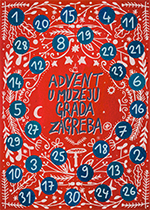The exhibition is a part of the Zagreb City Museum project Zagreb Industrial Heritage: History, State of Affairs, Outlook (project head: Goran Arčabić)
Authors/students: Dario Belić, Igor Ilić, Tjaša Kalkan, Nives Milješić, Marina Paulenka, Dino Šertović, Nikola Šerventić, Ino Zeljak
Students mentors: Darije Petković, associate professor, Jelena Blagović Pavičić, associate professor
Exhibition curators: Arčabić, Iva Prosoli
Exhibition design: Nikolina Jelavić Mitrović
Poster and catalogue design: Bilić_Müller Design Studio
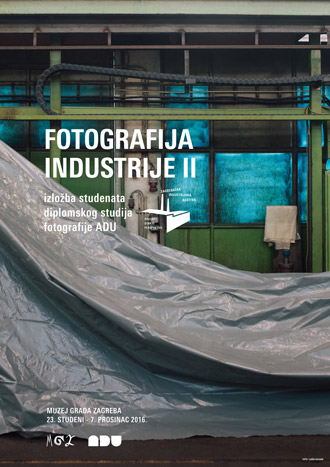 Exhibition The Photography of Industry II is a continuation of the cooperation of the Chair of Photography of the Academy of Dramatic Art in Zagreb on the Zagreb City Museum’s project Zagreb Industrial Heritage: History, State of Affairs, Outlook. As in 2011, when the cooperation on the project between the two institutions started, preliminary motives were to enrich the holdings of contemporary photography collection and provide opportunities for affirmation to young authors. Guided by the knowledge about the process of industrialization as a key driver of global economic and social changes, with this exhibition the project team seeks to influence the perception of industrial heritage as a part of the universal heritage and an important element of the development of human civilization.
Exhibition The Photography of Industry II is a continuation of the cooperation of the Chair of Photography of the Academy of Dramatic Art in Zagreb on the Zagreb City Museum’s project Zagreb Industrial Heritage: History, State of Affairs, Outlook. As in 2011, when the cooperation on the project between the two institutions started, preliminary motives were to enrich the holdings of contemporary photography collection and provide opportunities for affirmation to young authors. Guided by the knowledge about the process of industrialization as a key driver of global economic and social changes, with this exhibition the project team seeks to influence the perception of industrial heritage as a part of the universal heritage and an important element of the development of human civilization.
Exhibition The Photography of Industry II is an activity within the final stage of the project Zagreb Industrial Heritage: History, State of Affairs, Outlook, focused on the formative period of socialism in which the planned construction of state-owned enterprises of heavy industry and electrical industry was the ideological basis of economic and social development. At the beginning of the teaching process, industrial facilities were presented to students of photography as documents of time, which reflect the crucial and often dramatic episodes of national and world history. As such, they were left to the authorial interpretation of young artists in whose works they attained a new dimension. Thematically, the works are related to two industrial facilities in Zagreb – Rade Končar Factory and the light bulb factory (TEŽ).
The material remains of the instant-industrialization process of the late 1940s and early 1950s have inspired and served as an incentive to artistic expression of eight authors included in the exhibition. Their works contribute to public awareness of heritage which, in addition to the problem of flawed implementation of the heritage protection programme and the lack of conversion plans and investments, is being faced with ambiguous emotions present in the post-socialist societies. Refusal and discomfort motivated by political reasons (links to the period of Communism, Soviet domination or complex problems of the Yugoslav federation) encounter a kind of nostalgia. From a peculiar amalgam of collective emotions arises the elemental question: through which mechanisms the former aspiring champions of politics and economy, symbols of the working-man welfare ideology, in transition have been transformed into symbols of economic collapse and poverty of workers. Part of the young photographers’ works presented in the exhibition, unencumbered with ambitions of transmitting political messages, reveal different segments of the problem having an almost healing power.
Goran Arčabić
The title of this exhibition could quite comfortably be Where did the worker go? Or more precisely What is left of the worker?
None of the workers attended the screenings of the Lumière brothers film, none of the workers is present in the works in seven of eight students who exhibit in this exhibition. Except in trace. Remains.
And here we return to the issue of subject / consumer of mobile and fixed images shared by more than one hundred years of time, political, social, cultural and industrial reality. How is it that photographers, whose task was to record the most direct scenes of labour, that elemental one in its definition, tangible, manual labour, avoided to capture it. And this happened after they had been familiarized with the rich history of the two factories, their production activities, reasons for their establishment and their ideological meaning. Instead, they photographed remains. Execution sites. Why are they fascinated by empty spaces where there is presence of a human? What “raised” their view?
Or, if we switch positions, is perhaps the worker one who refuses to be captured? Has his invisibility in a social image resulted in his decision for invisibility on a photographic one?
Social criticism is not absent from these works, which could possibly be interpreted at the first viewing. It is very much present, however not based on calling out, but on negation. Negation is as well the strongest message that can be sent to a society composed of oxymorons. Society that has no ideological footing (imposed or whatever), which is at the same time overwhelmed by ideologies when necessary. Society without distinct adversaries and society in which everyone is the opponent. Intellectual criticism is adequate criticism of present time, as are these authors no doubt part of it, its building blocks; someone someday may say they were contemporary in their reaction, quiet and without enthusiasm. Modern day workers, cultural workers of post-transition society.
Iva Prosoli
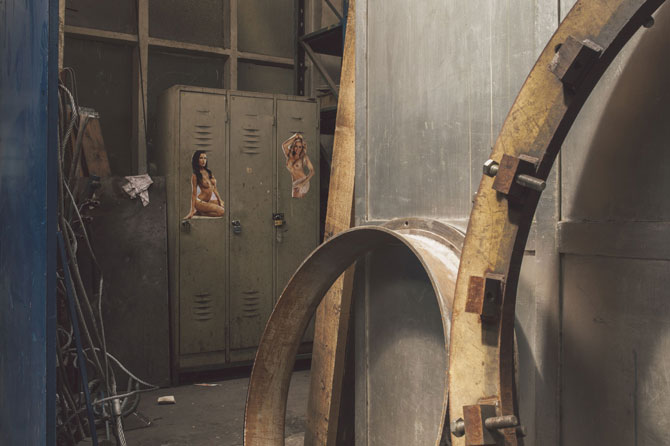
Dario Belić, Decorations
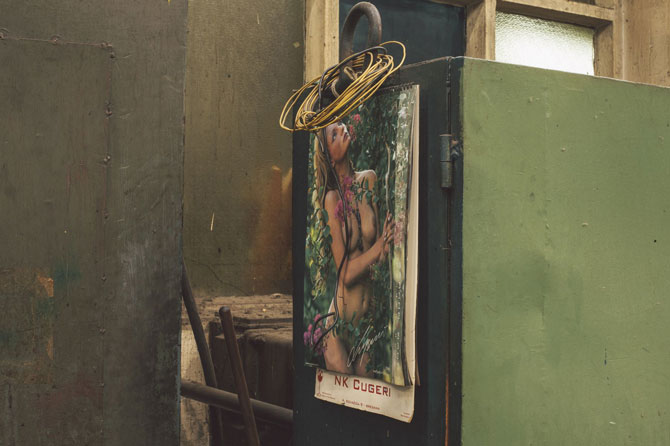
Dario Belić, Decorations
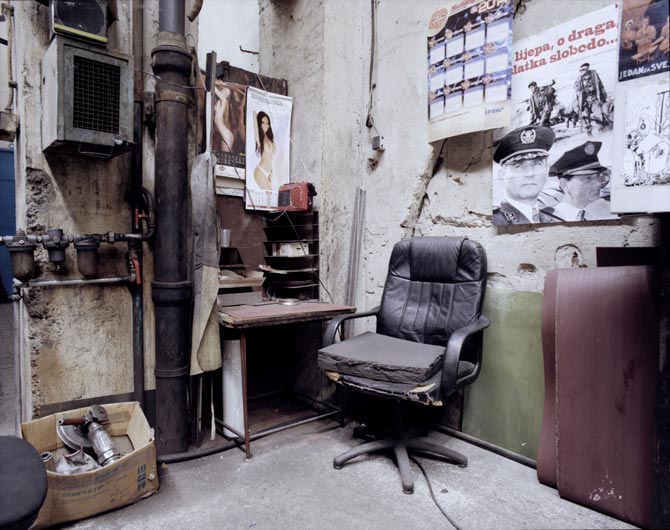
Igor Ilić, Untitled
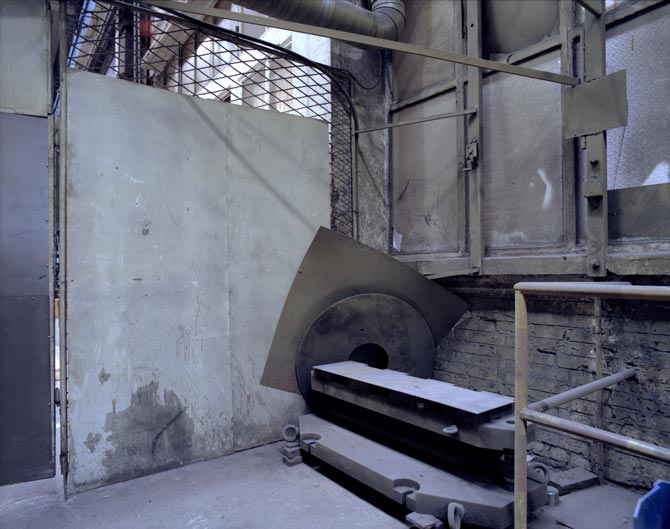
Igor Ilić, Untitled
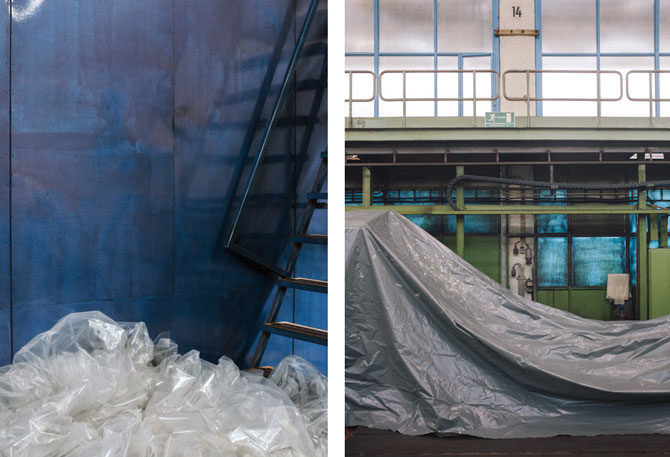
Tjaša Kalkan, Končart
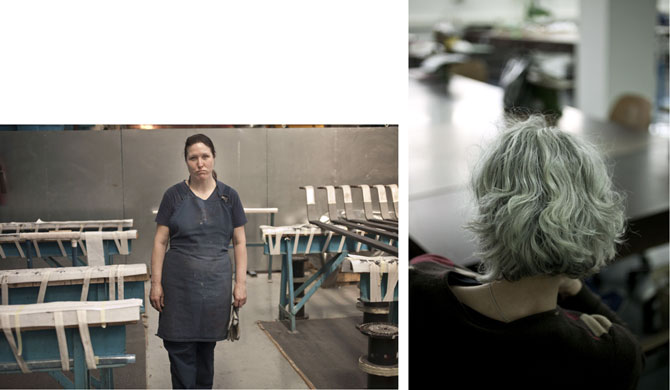
Nives Milješić, Work, keep quiet, tidy up, let go
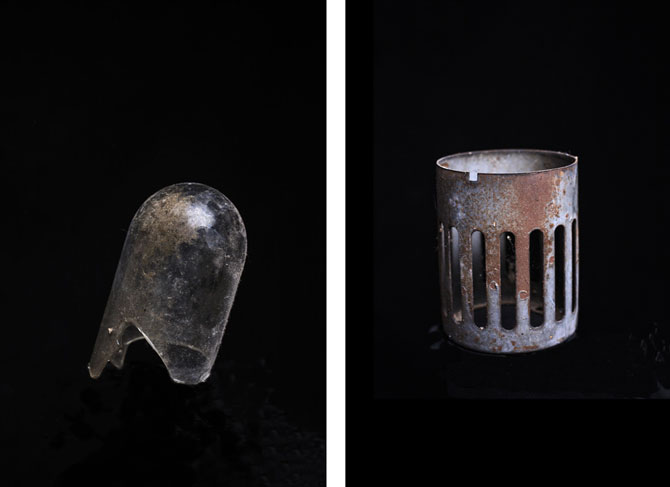
Marina Paulenka, TEŽ
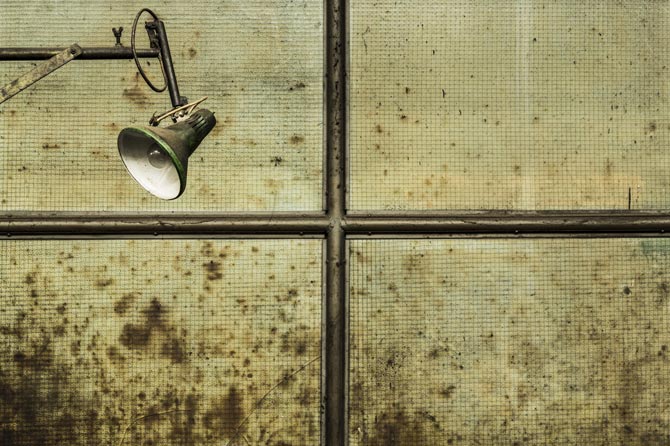
Dino Šertović, Industrial symbiosis
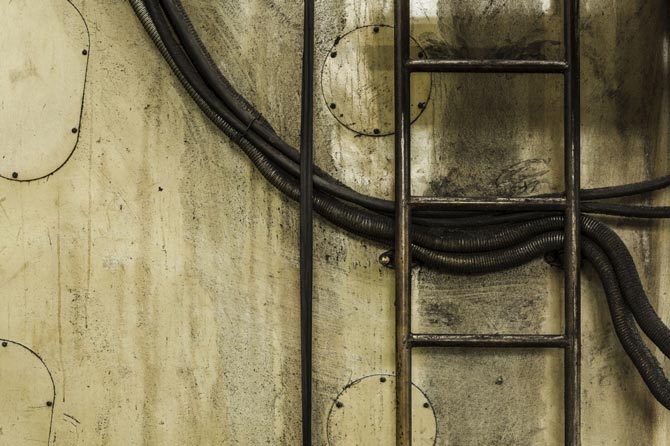
Dino Šertović, Industrial symbiosis
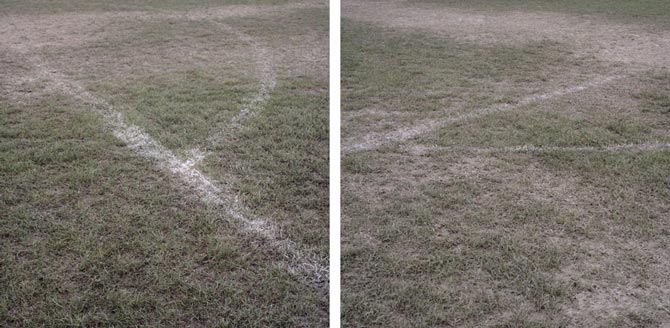
Nikola Šerventić, Rad
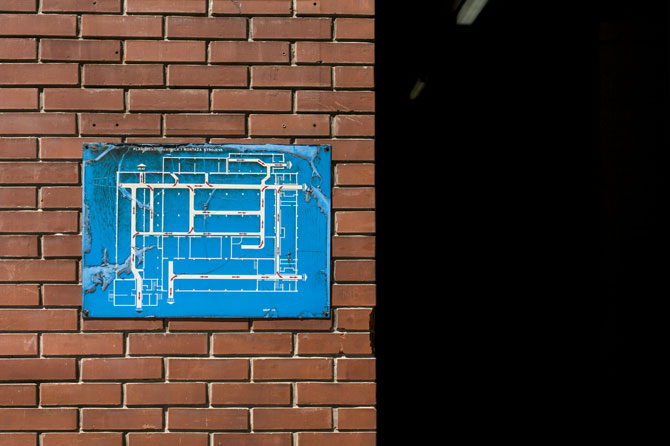
Ino Zeljak, Untitled
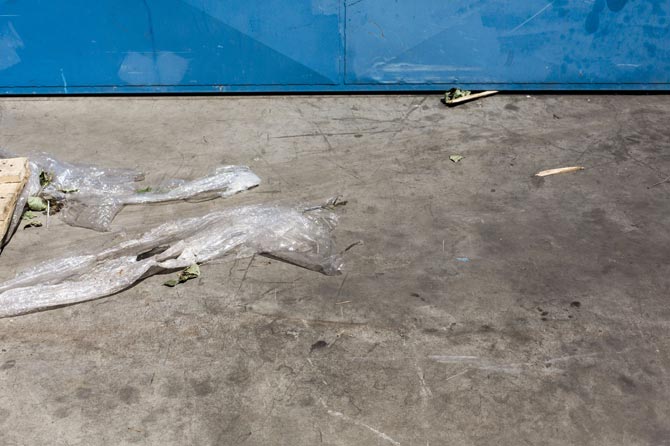
Ino Zeljak, Untitled
Pictures from the exhibition
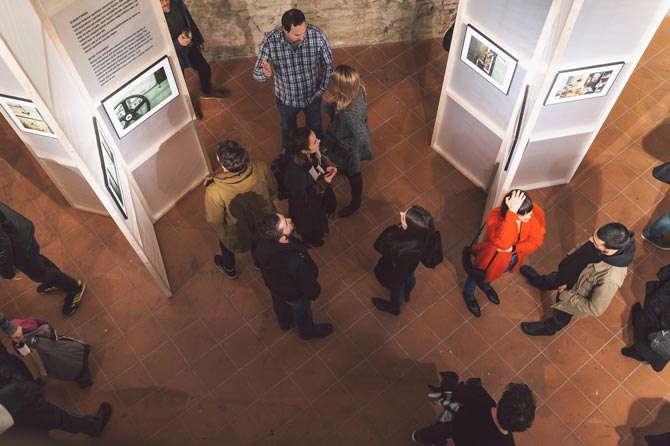
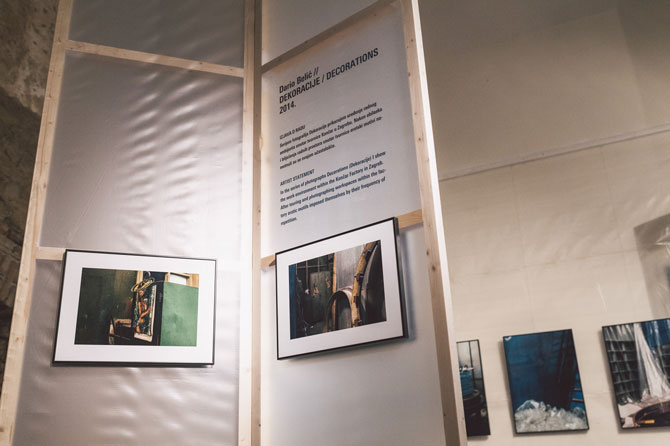
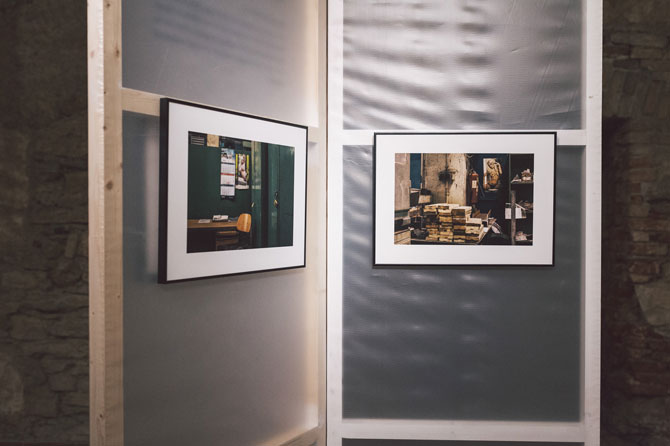
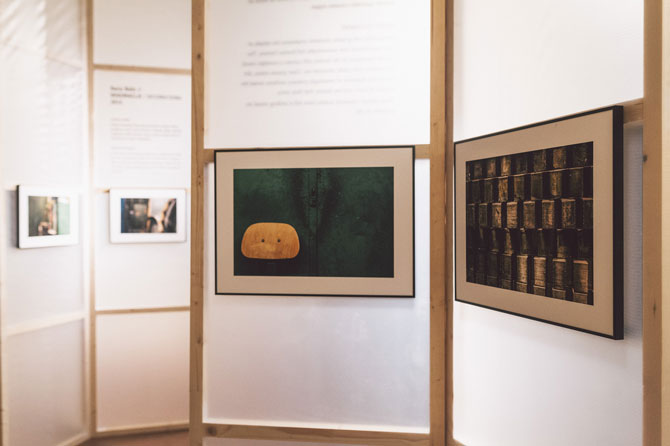
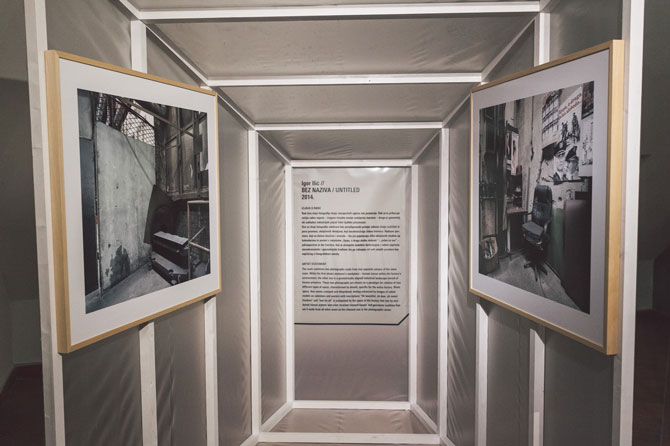
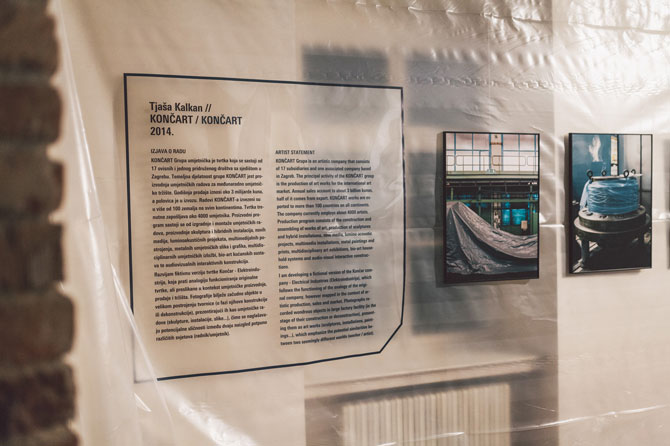
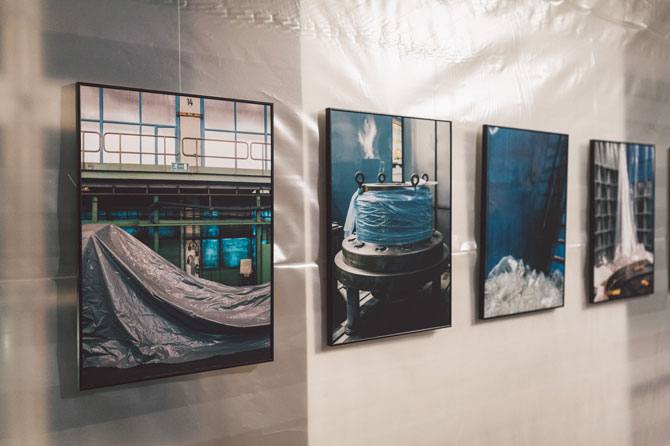
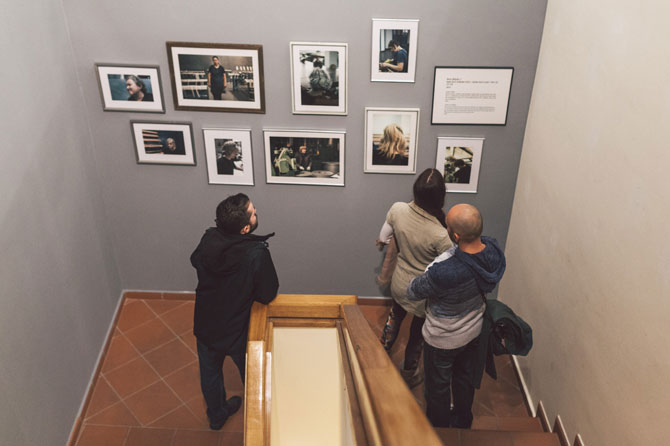
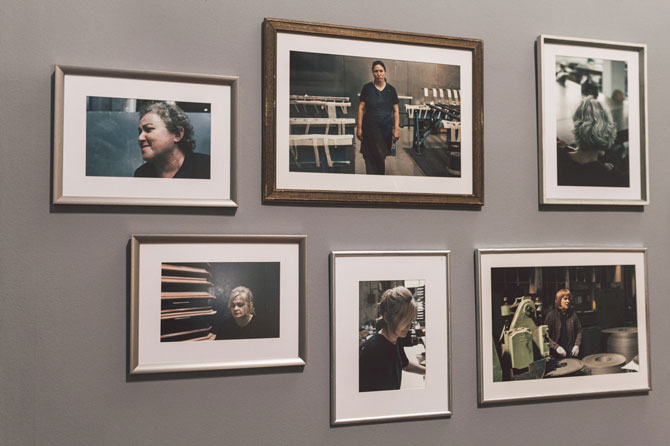
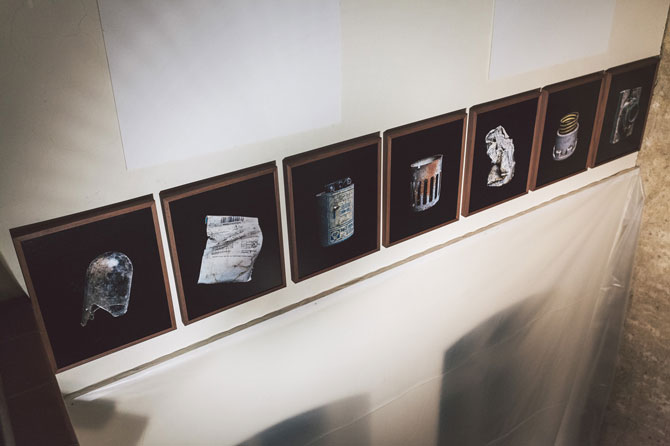
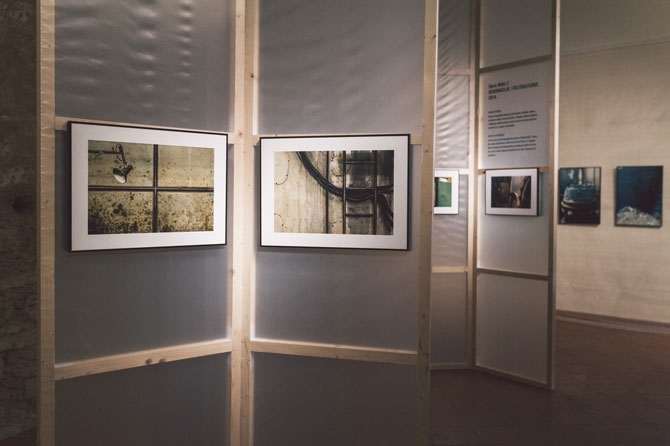
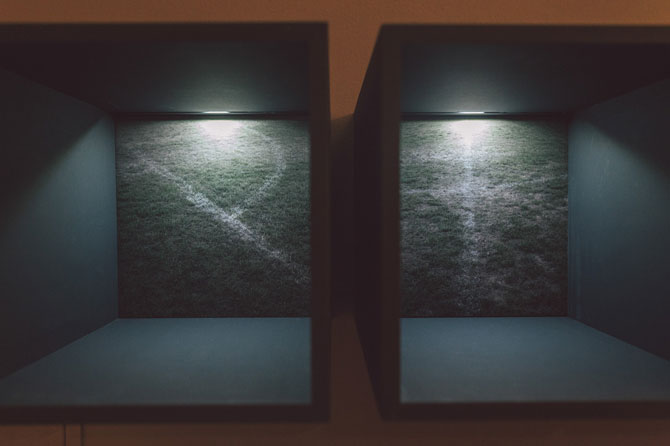
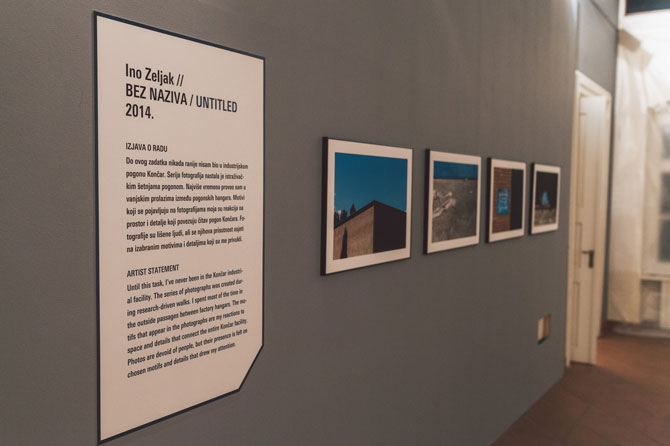
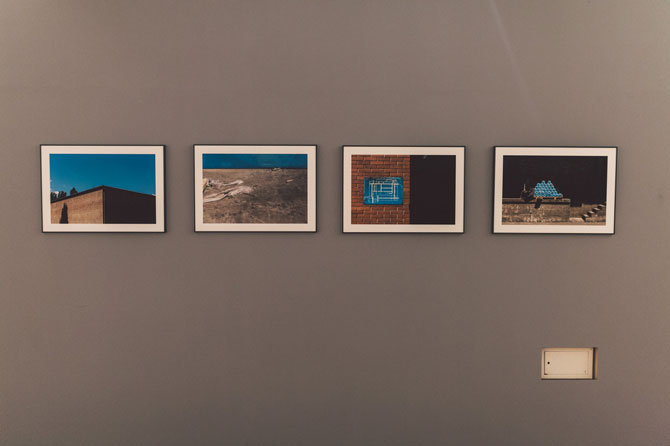
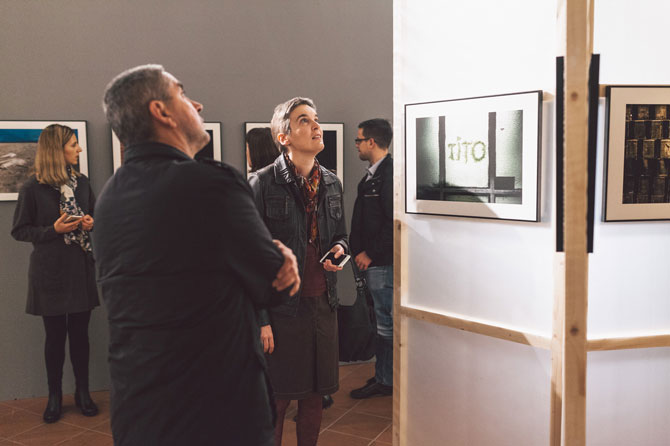
photo Dario Belić
 Exhibition catalogue
Exhibition catalogue
Arčabić, Goran; Iva Prosoli. The photography of industry II : photography exhibition of MA students from the Academy of Dramatic Art in Zagreb.
Zagreb : Zagreb City Museum, 2016
